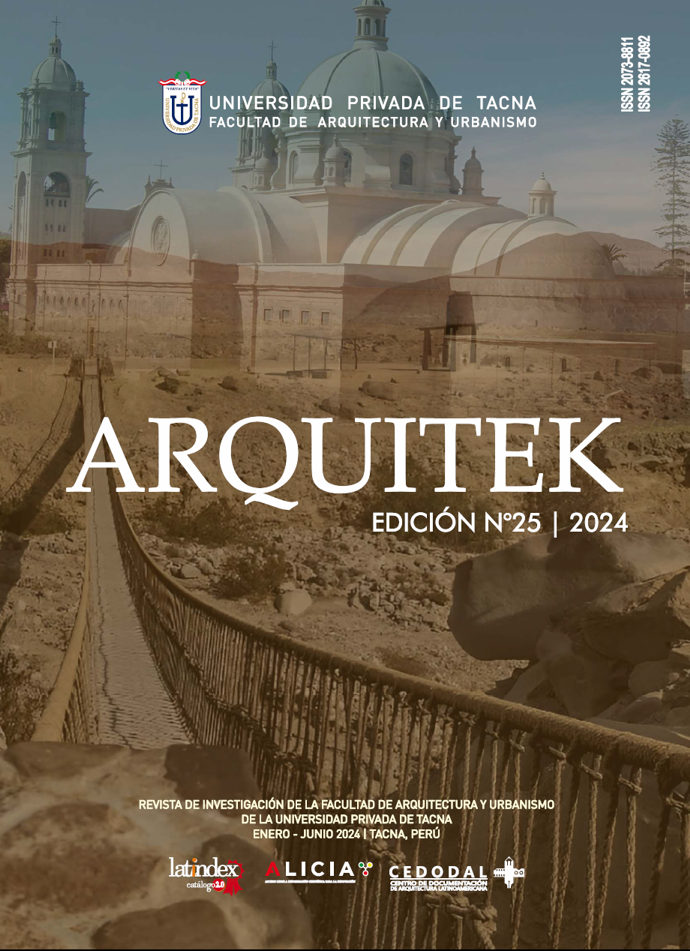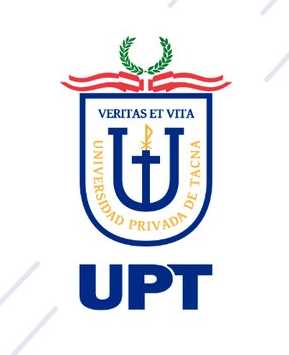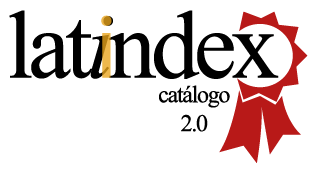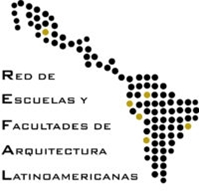Criminal environment and urban marginality: Influence of the urban environment on psychosocial behavior
DOI:
https://doi.org/10.47796/ra.2024i25.922Keywords:
crimifugal environment, urban deficit, social behavior, urban marginality, unequal modernizationAbstract
In recent years, the problems of social inequality and urban disorder have intensified due to the sectorization of the city after a process of unequal urban modernization, making people feel differences in spaces of social integration, urban facilities and habitability, which evokes a main consequence of urban deficit that places people in a situation of precariousness in multiple dimensions in living conditions and citizen insecurity, which leads to delimiting urban areas, encouraging the development of intervention programs of a socio-urban nature. The research is framed in SDG-11.3 with a critical analysis of Compact Systems Thinking and Dialogue-Debate with multidisciplinary specialists. It constitutes a basic substantive research, with a mixed approach, at a descriptive-explanatory level; Non-experimental cross-sectional design. The sample was 322 units, using observation sheets, questionnaires and semi-structured interviews with multidisciplinary specialists as instruments. The interviews and observation sheets were coded using the Atlas ti.09 program for qualitative analysis. Also obtain the results using MAXQDA statistical software. Concluding, the living conditions experienced by the population and the urban design format established under empirical parameters generate an imbalance in the quality of life with its special physical characteristics that inhibit and deter the probability of a crime being committed directly in the area. Sectorized territorial environment. Considering the recommendations for a city with adequate infrastructure that plays a very important role in people's decisions; since a precarious quality of life generates a feeling of inequality as well as environmental and economic opportunities.
Downloads
Downloads
Published
How to Cite
Issue
Section
License
Copyright (c) 2024 Cinthia Soledad Rodríguez Carranza, Henry Daniel Lazarte Reátegui , Julio Daniel Peña Corahua

This work is licensed under a Creative Commons Attribution 4.0 International License.









